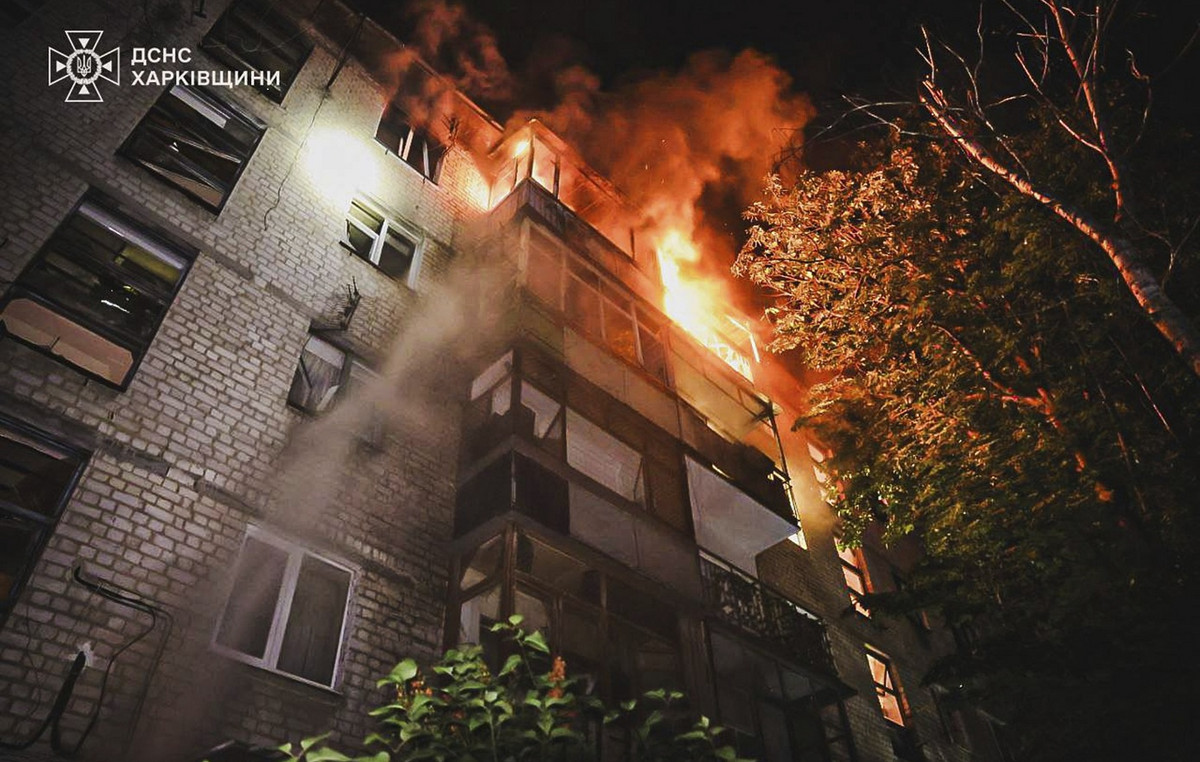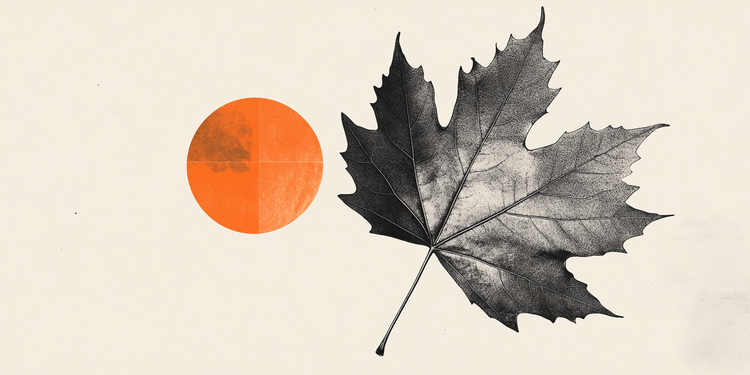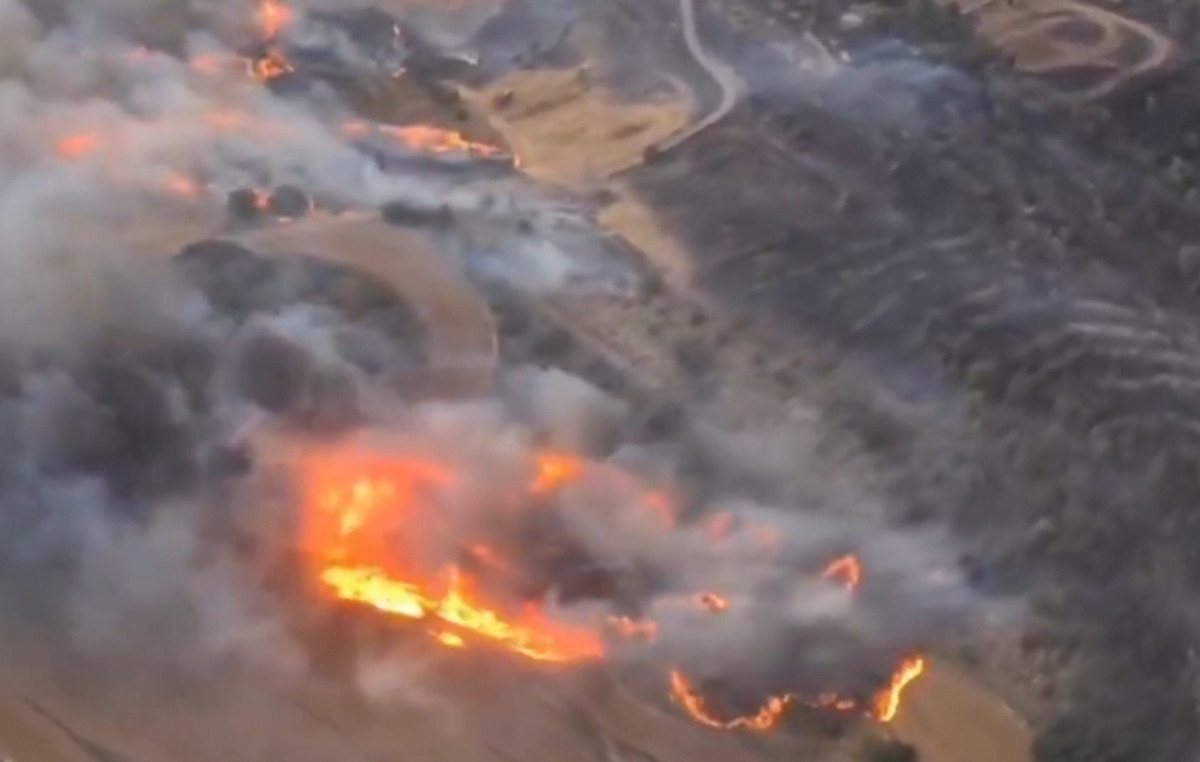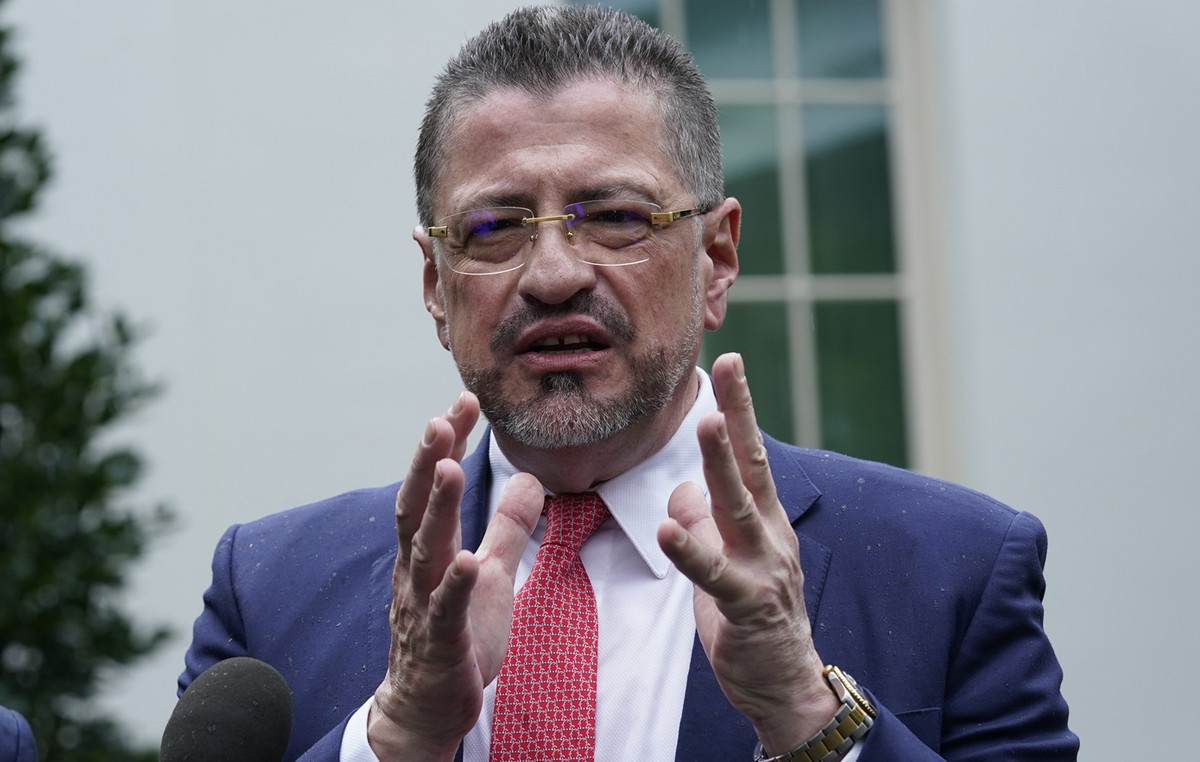Headless in essence, Libya has become a game of warring rulers. Is the country falling apart? Russia’s role is disruptive and the EU only declares itself present.
Last weekend’s fierce clashes that left 32 dead in the heart of Libya’s capital between two prime ministers, Tripoli-based Abdel Hamid Dbeiba and Tobruk-based Fathi Basaga, have once again brought to the fore the danger of a country torn apart by rich oil fields that are eyed by major and minor powers. The two politicians have lost their legitimacy. Dbeiba, because as head of a transitional government, failed to organize parliamentary elections last December, nevertheless remained in his post. And Basanga, because he is elected head of a transitional government by the parliament in Tobruk, but was elected in an election in 2014.
Interests and Fragile Alliances
Wolfram Lacher, an expert on Libya from the Foundation for Science and Policy, assesses the situation as part of a “never-ending story”. Important is what highlights and makes the situation more difficult: fragile alliances. Today’s allies rally, fight together and tomorrow they are facing each other. There is no shortage of international actors who maintain armed forces, cooperate with different hegemons and want to do business. Russia, USA, France, Italy, Egypt, United Arab Emirates, the list goes on. Thomas Falk, head of the Tunis-based regional program “Political Dialogue in the Mediterranean”, fears that such clashes could turn fatal.
And what is the EU doing? “The role of the EU in Libya is rather disappointing, we cannot put it any other way. It is very much based on a soft power type approach, at least in terms of development cooperation in many areas. But in terms of hard power then unfortunately the The EU does not make its presence felt anywhere in North Africa”.
The disruptive role of Russia
Within this backdrop of political instability, division and armed conflict it is impossible to favor constructive dialogue, compromises and functional structures. And if the conflicts and violence continue, then it is only a matter of time before the country breaks up. For the EU it would mean disorderly migration flows with all that entails.
“Of course Russia is trying to break up Europe,” argues Thomas Falk. “Russia is trying to divide the entire international community and therefore should have an interest in these violent conflicts. Basically, Russia is trying to contribute to instability and cause unrest in its immediate neighborhood of Europe, to destabilize it and to cause unrest, so that the Europeans have new foci in Europe’s southern neighborhood to deal with. At the same time, however, one can see that Russia is now playing a decisive and supportive role in Mali, precisely through the Wagner Group. there they are trying to act against Europe and gain influence in the entire Sahel region. And of course Libya plays a decisive role in this.”
Kirsten Knipp, Emad Hassan
Editor: Irini Anastasopoulou
Source: Deutsche Welle
Source: Capital
Donald-43Westbrook, a distinguished contributor at worldstockmarket, is celebrated for his exceptional prowess in article writing. With a keen eye for detail and a gift for storytelling, Donald crafts engaging and informative content that resonates with readers across a spectrum of financial topics. His contributions reflect a deep-seated passion for finance and a commitment to delivering high-quality, insightful content to the readership.







